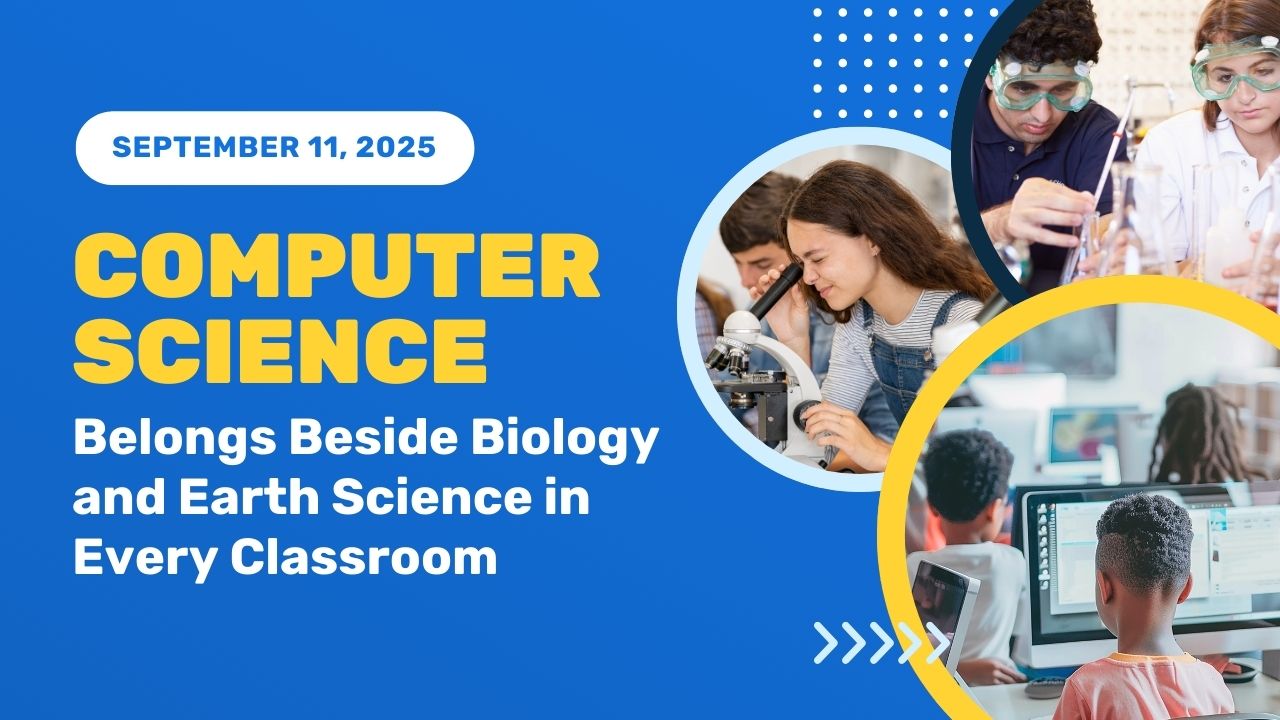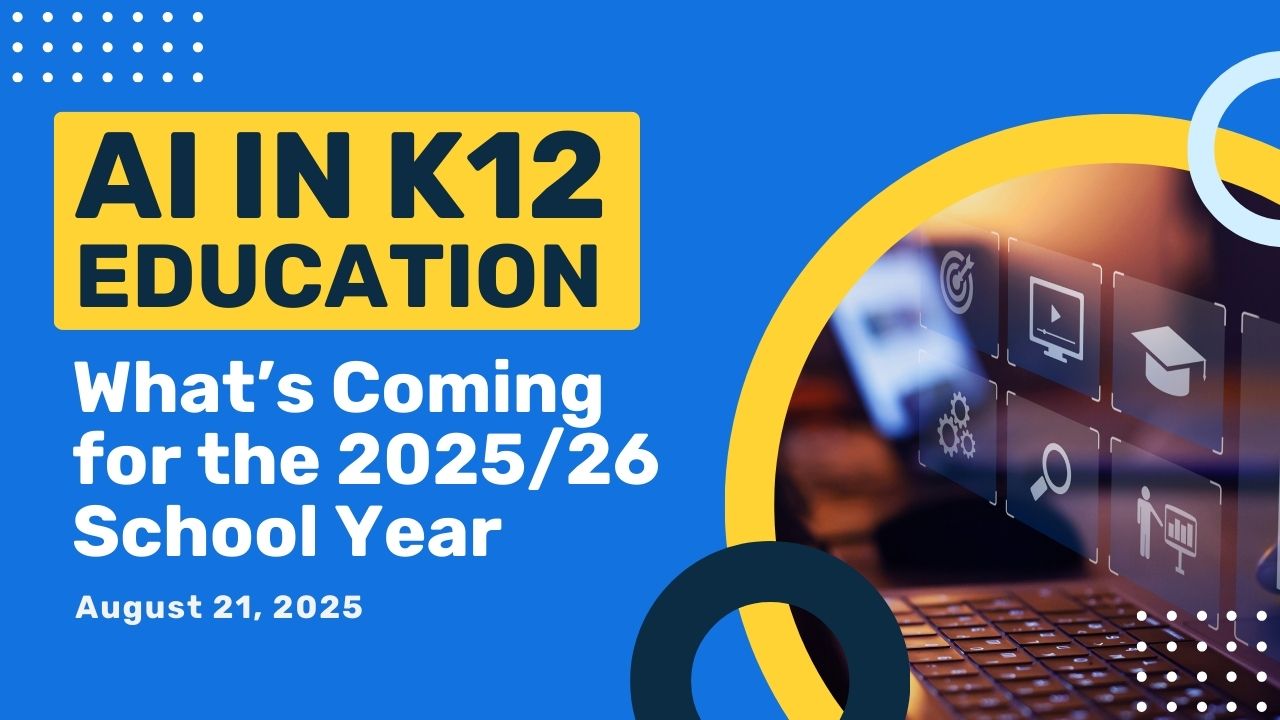We are at the start of the next great technological revolution. Since the dawn of the internet, we have seen a radical shift in both our workforce and culture; this trend continues today as we use the internet to improve and connect with every aspect of our lives. As we adjust, it is of the utmost importance that we ensure our future workforce is prepared for this new frontier. Evolving our education system to prepare students for a world changed by technology is critical.
Career and Technical Education (CTE) is the most important part of our College, Career, and Military Readiness (CCMR) educational initiative. Due to the way new technologies continue to evolve in our world, industries, and workforce, this type of education will become even more critical for our young learners.
The U.S. has begun to realize that college degrees do not hold the weight they used to. What was once a paved stroll to fulfilling careers is now a rugged hike; the college pipeline can no longer guarantee that everyone will reach that desired summit. With rising tuition costs and decreasing confidence in becoming employable right out of college, young learners are finding practical, technical careers to be much more appealing. To a growing number, CTE programs of study are a more efficient pathway to job security.
Our modern job market prefers tangible experience over theoretical knowledge. When hiring, employers place much more emphasis on an applicant’s portfolio and work experience than they do on knowledge (there’s a reason that CVs are falling out of fashion in the working world). In technical programs, students gain more experience that they can use to emphasize mastery of skills in their resume better than the average college student.
In these turbulent times, making predictions about the job market has become increasingly difficult. On top of the common economic crises and lack of educational equity within the United States, our country is on the precipice of an expansive amount of job loss due to automation. CTE helps students navigate this rapidly changing job market with confidence and a tool belt full of marketable skills.
CTE is based on the pragmatic application of knowledge and skills and the experience gained from real-world application, instead of rote memorization and testing. This principle makes it much easier for students to practice, improve, and master industry-recognized skills. Additionally, best practices in CTE align academic skills with industry demands, and embed opportunities to current CTE practices. This pedagogy, in turn, aids in improving a student’s likelihood of being hired.
And, on top of setting up students for successful futures, career and technical education has been found to improve high school graduation rates and high-stakes testing scores! Additionally, a study found that CTE decreases absenteeism and improves student engagement! CTE encourages students to both achieve better grades in high school and even improve their likelihood of graduating.
Along with paving the way for student success, the implementation of CTE programs in schools and school districts helps schools gain much-needed local, state, and federal fundin. When districts utilize CTE courses, they’re setting up their schools for additional revenue streams that they can then use to help support and improve their school. CTE doesn’t just set students up for success, it also provides success for the faculty, staff, and institution!
It’s clear that the benefits of CTE are numerous. In preparation for the expected technological evolution of our society, implementing these programs will give learners a head start in making careers out of their passions. Pave the way for students’ future success with CTE programs.
Discover Mastery Coding’s Award-winning courses that align to state CTE Pathways. Mastery Coding's curricular resources will provide students the resources to experience real-world problem solving while preparing for industry-based certifications. Our design is your students' future!














.webp)

